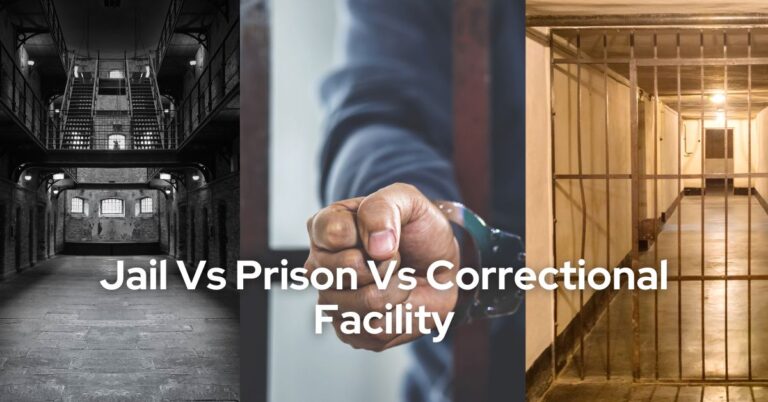Plaintiff and Defendant attorneys are two terms that are majorly used in legal matters. However it is noteworthy that both represent two entirely different principle parties. To know more about the difference between plaintiff and defence attorneys, make sure to read until the end.
What is the difference between Plaintiff and Defence Attorneys?
Plaintiff Attorneys
As the name suggests, plaintiff attorneys are specialised legal personnel fighting on behalf of the plaintiff, also known as the complainant. Their prime work is to find and present evidence regarding foul play by the other party and therefore make sure that their client gets justice.
Plaintiff attorneys are named such as they regularly represent the person or entity suing for damages, rather than the other side. And while most lawyers do it for their passion, others might also do it for recognition, fame, and finances.
When approached, these professionals will start by interviewing the complainant regarding the case. This is done to ensure that the attorney understands and knows every titbit details of the case, as every pint of information is priceless in legal matters.
Afterwards, based upon the information provided, they initiate a thorough search to detect any loopholes. Any misguided or left out information can be used for benefitting the defendants, and therefore it is the plaintiff attorneys’ responsibility that they become extremely comprehensive about all kinds of situations that may pop up.
Here are a few more must-know things about Plaintiff Attorneys:
- Plaintiff attorneys are generally employed to complainants by the office of the district attorney or in certain cases by the Department of Justice. They are mostly public or federal officers, and therefore no private institution or entity can directly hire a plaintiff attorney.
- The wage for public or federal plaintiff attorneys is comparatively lower. As they are offered salaries by the Government, their salary may come a few bucks less than that of private lawyers. However, with such parties, there is the benefit of stability and a gradual growth of wage, as their individual job title and experience increases.
Defendant Attorneys
Now coming to defendant attorneys, they are legal personnel tasked with defending the party or entity being sued. And just like we had discussed previously, the main difference between plaintiff and defence attorneys is that the latter one tries to gather info that could help the defendant plead innocent.
So, upon being assigned a case, the defence lawyers start by investigating the case. They will often mimic the happenings to try and find any escape clause that could contribute to their client’s aid. This includes scrolling through the existing data, experimenting with the ‘ifs and buts’ of the case, and also representing the defendant at trial for acquittal, in case the defendant is proven guilty.
Unlike their counterpart, being a defendant attorney is a very risky job, although the pay is definitely the bonus factor. Given the high risks involved, defendant attorneys often charge a colossal amount of finances that may not be fulfilled by all.
Moreover, a defendant attorney could be a private or public lawyer. While one can approach private defendant lawyers through multiple licensed legal firms available in the area, public defendant lawyers are appointed by a court. This is done in cases where the suspect is unable to bear the cost of services charged by a private defendant attorney. The cost is completely carried out by the court or the Government, although in some cases, the defendant may also be asked to cover a small amount.
So, what is the difference between Plaintiff and Defence Attorneys?
| FACTORS | PLAINTIFF ATTORNEY | DEFENDANT ATTORNEY |
| Job Role | Represents the plaintiff, collect evidence and prove defendant’s fault | Represents the defendant, gather information and plead innocence or acquittal for the defendant |
| Employed by | Office of the District Attorney or by the Department of Justice | Private Licensed Legal Firms or by the Court (in some cases) |
| EducationRequirements | Minimum 7 years full time Law study and have passed the Bar Examination | Minimum 7 years full time Law study and have passed the Bar Examination |
| Salary | Relatively lower but stable source of income | High paying but depends upon the number of cases assigned |
| Growth | Fast | Comparatively slower |
So, this was all about the difference between plaintiff and defence attorneys. For more interesting updates like these, subscribe to our mailing list at differencio.com.
You may also like:







